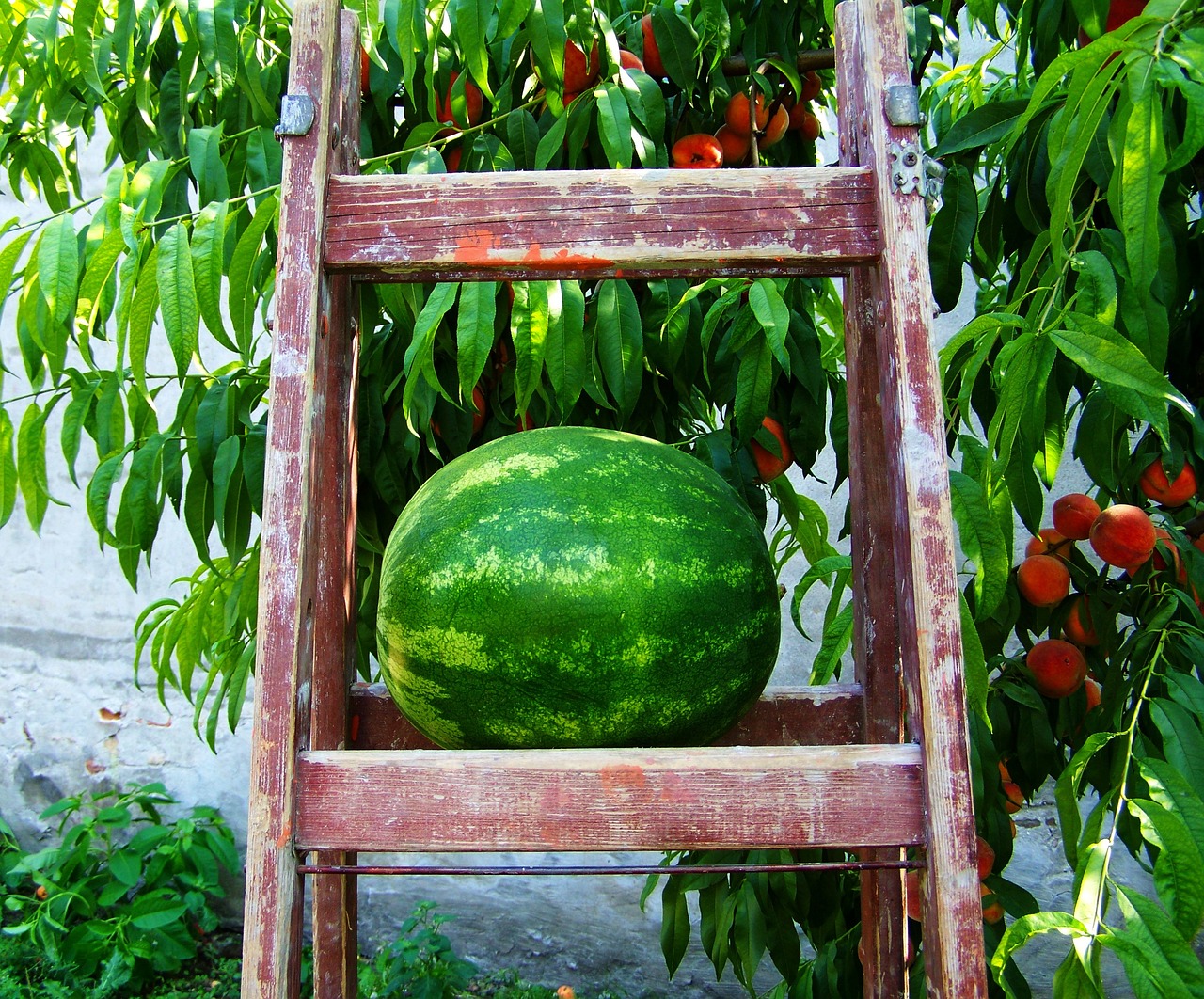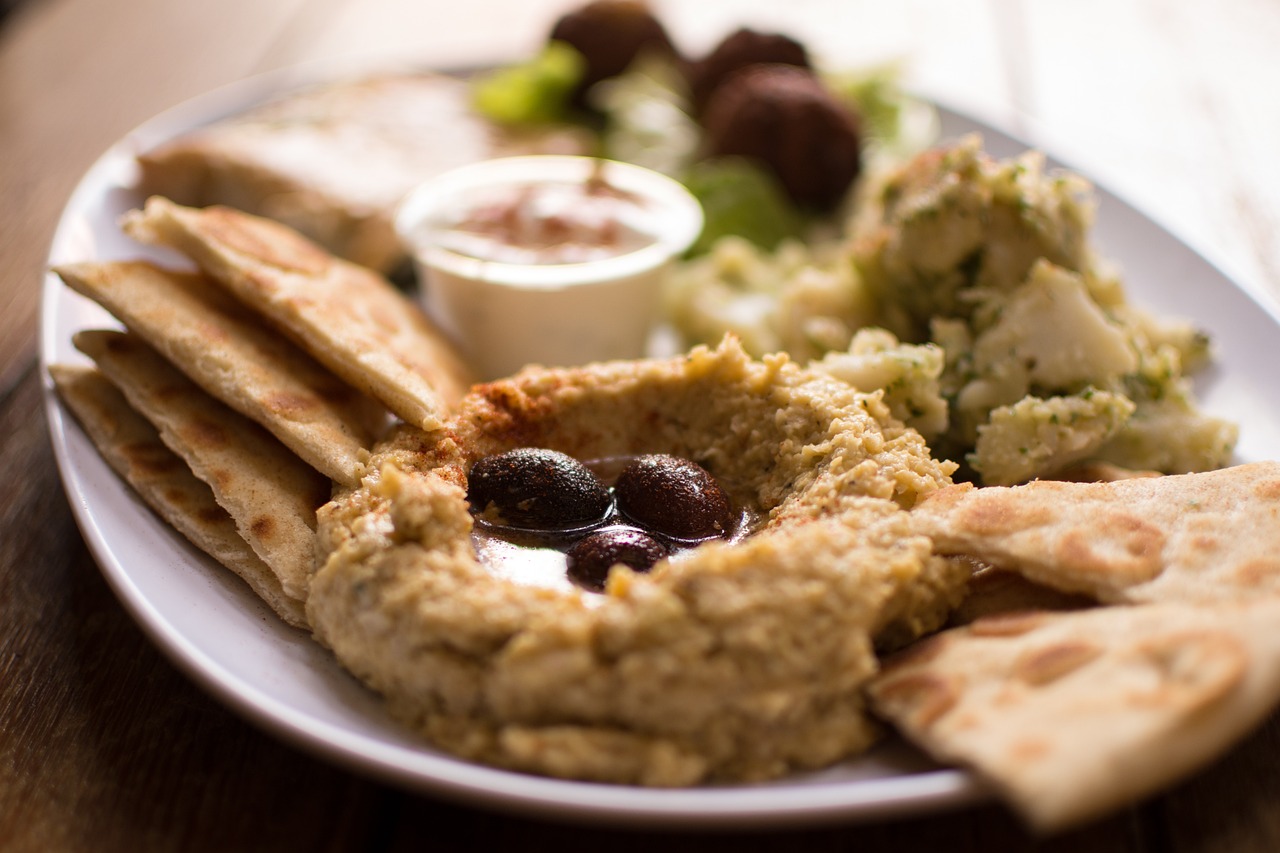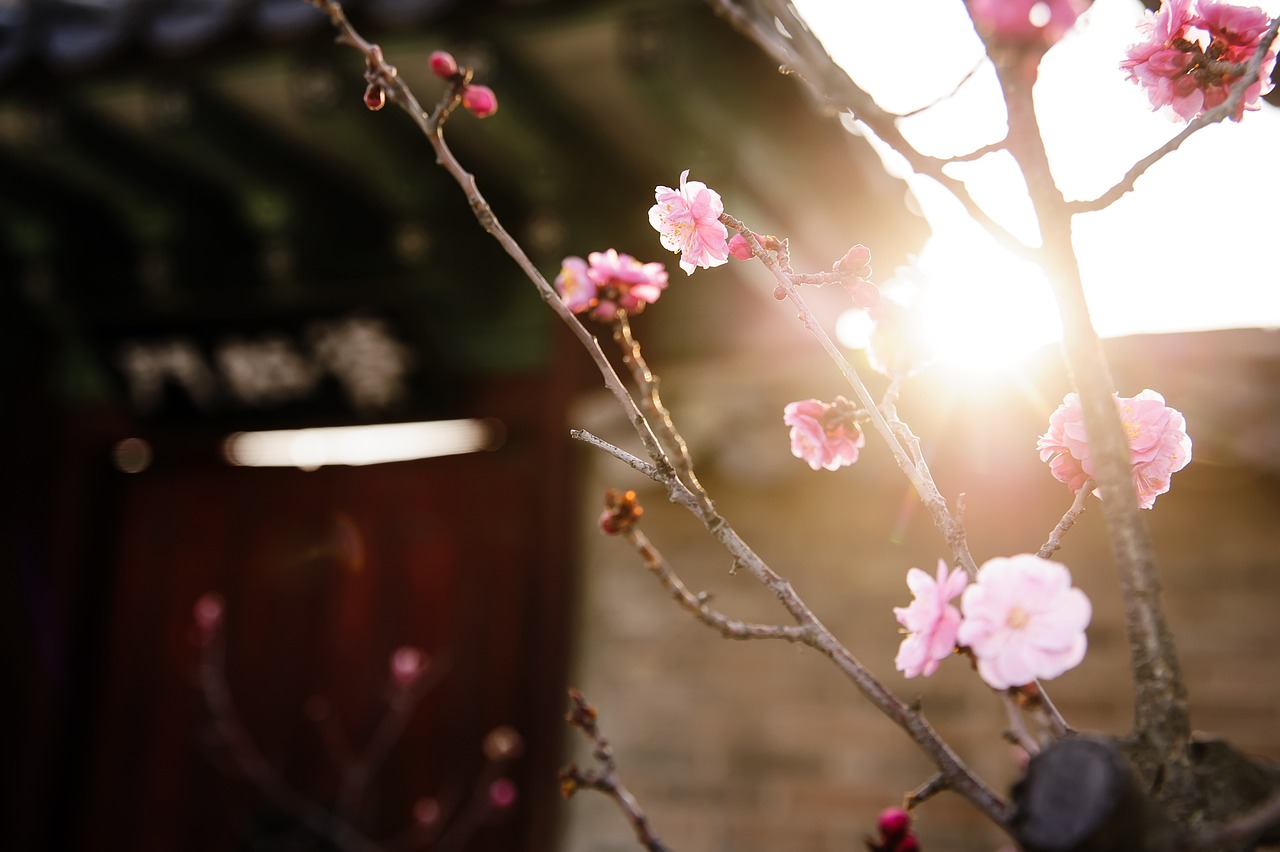Exploring the Mystical Beauty of Greece's Rites of Spring
Greece's Rites of Spring are a mesmerizing tapestry of ancient traditions, vibrant celebrations, and rich cultural heritage that come alive as nature awakens from its winter slumber. The mystical beauty of these rites transcends time, offering a glimpse into the soul of a nation deeply connected to its land and mythology. As the season of rebirth unfolds, Greece transforms into a stage where history, myth, and modernity converge in a symphony of colors, flavors, and festivities.
From the dawn of civilization, the Origins of Greek Spring Festivals have been intertwined with the rhythms of nature and the cycles of life. These festivals, rooted in ancient agrarian practices and religious beliefs, mark the passage of time and the eternal renewal of the earth. Over the centuries, they have evolved into a kaleidoscope of customs and rituals that reflect the essence of Greek identity and the enduring spirit of its people.
Delving deeper into the Traditional Spring Rituals in Greece, one discovers a tapestry of diverse practices that vary from region to region, each with its unique charm and significance. Whether it's the exuberant May Day Celebrations and Flower Festivals symbolizing fertility and abundance or the joyous feasting and dancing in honor of spring, every ritual is a testament to the enduring bond between the Greeks and their land.
Mythological influences play a pivotal role in shaping Greek spring celebrations, with Gods and Goddesses from ancient lore lending their magic to the festivities. These mythical beings, once worshipped as deities of nature and fertility, continue to inspire reverence and awe, infusing the rituals with a sense of wonder and enchantment.
As the sun sets on the ancient past, a new chapter unfolds in the Modern Interpretations and Contemporary Celebrations of Greek spring traditions. Today, eco-friendly practices and sustainable initiatives are on the rise, reflecting a growing awareness of environmental conservation and the need to preserve Greece's natural heritage for future generations.
In conclusion, the Mystical Beauty of Greece's Rites of Spring is a testament to the enduring power of tradition, the resilience of culture, and the timeless allure of a land where myth and reality intertwine. As the seasons change and the world evolves, Greece's spring festivals stand as a beacon of hope, reminding us of the eternal cycle of life and the magic that lies within.

The Origins of Greek Spring Festivals
Delving into the historical tapestry of Greece's spring festivals unveils a rich tapestry woven with ancient beliefs and cultural traditions. The origins of Greek spring festivals can be traced back to the ancient rites dedicated to the gods and goddesses of fertility and agriculture. These celebrations were deeply intertwined with the agricultural cycles of planting and harvesting, symbolizing the renewal of life and the promise of abundance after the harsh winter months.
The arrival of spring in Greece heralded a time of rejoicing and thanksgiving to the deities for their blessings upon the land. These rituals were not merely ceremonies but a way of life, deeply ingrained in the fabric of Greek society. The reverence for nature and the changing seasons manifested in elaborate ceremonies, songs, dances, and offerings to appease the gods and ensure a fruitful year ahead.
As the centuries passed, these ancient spring festivals evolved, incorporating influences from various civilizations that left their mark on Greece. The blending of traditions and beliefs gave rise to a diverse tapestry of customs observed in different regions of the country, each with its unique flair and significance.
The essence of Greek spring festivals lies in their ability to connect the past with the present, bridging generations through shared rituals and beliefs. The legacy of these ancient celebrations continues to thrive in modern Greece, keeping alive the spirit of renewal, hope, and unity that defines the rites of spring.

Traditional Spring Rituals in Greece
When it comes to traditional spring rituals in Greece, the country comes alive with a myriad of vibrant celebrations and customs that have been passed down through generations. These rituals are deeply rooted in the rich tapestry of Greek culture and hold significant meaning for the local communities.
One of the most prominent spring rituals in Greece is the custom of dyeing eggs red to symbolize the blood of Christ and the renewal of life. This tradition is often associated with Easter and is a symbol of rebirth and new beginnings. Families gather together to dye the eggs and then engage in friendly competitions to see whose egg will remain uncracked the longest.
Another traditional spring ritual in Greece is the lighting of bonfires on the night of Holy Saturday. This practice is believed to ward off evil spirits and bring blessings for the coming year. People gather around the bonfires, singing and dancing, creating a sense of community and togetherness.
During the spring season, many villages in Greece hold elaborate feasts in honor of various saints and local traditions. These feasts often include traditional dishes such as lamb cooked on a spit, fava bean soup, and freshly baked bread. The sharing of food and drink is a central aspect of these celebrations, fostering a sense of unity and hospitality.
Furthermore, the custom of decorating doorways and balconies with colorful flowers and herbs is a common sight during the spring season in Greece. This practice is believed to bring good luck and prosperity to the household, as well as to welcome the arrival of spring in all its glory.

May Day Celebrations and Flower Festivals
May Day celebrations and flower festivals in Greece are a vibrant tapestry of colors, scents, and traditions that herald the arrival of spring in all its glory. The essence of rebirth and fertility permeates these festivities, reflecting the ancient roots of these joyous occasions. As May Day dawns, the streets and squares of Greek towns and villages come alive with a riot of flowers, symbolizing the renewal of nature and the promise of a fruitful season ahead.
One of the most iconic symbols of May Day celebrations in Greece is the maypole, adorned with ribbons and flowers, around which dancers weave intricate patterns to the tune of traditional music. This age-old ritual is a visual spectacle that captivates both locals and visitors, embodying the spirit of community and togetherness that defines Greek spring festivals. The rhythmic movements of the dancers mirror the awakening of nature from its winter slumber, a dance of life and vitality.
Flower festivals, known as "Anthestiria" in Greece, are another integral part of the May Day celebrations. These events pay homage to Flora, the goddess of flowers, and involve elaborate floral displays, parades, and competitions showcasing the beauty and diversity of Greek flora. The streets are transformed into a sea of blossoms, with fragrant blooms adorning every corner, creating a sensory feast for all who partake in the festivities.
Moreover, the tradition of exchanging flowers on May Day is deeply rooted in Greek culture, symbolizing affection, goodwill, and the promise of new beginnings. From simple wildflowers to elaborate bouquets, the act of gifting flowers during the spring season is a cherished custom that transcends generations and fosters connections between loved ones and neighbors.
May Day celebrations and flower festivals in Greece are not merely events on the calendar; they are expressions of gratitude for the beauty of nature, the richness of the earth, and the enduring spirit of community. As the petals unfurl and the music fills the air, these age-old traditions continue to flourish, weaving a tapestry of color and joy that resonates with the essence of spring.

Feasting and Dancing in Honor of Spring
Feasting and dancing hold a special place in Greek spring festivals, symbolizing the spirit of joy and abundance that comes with the season's arrival. As the earth awakens from its winter slumber, Greeks across the country gather to celebrate with lavish feasts and lively dances that honor the renewal of life and the fertility of the land.
The feasting aspect of the celebrations is a true feast for the senses, with tables laden with traditional dishes bursting with flavors and aromas. From succulent lamb roasted to perfection and fresh seafood caught from the azure waters to tangy olives and rich cheeses, the culinary offerings during spring festivals are a testament to Greece's rich gastronomic heritage.
Amidst the feast, the sound of music fills the air as people come together to dance in colorful traditional costumes, their movements echoing ancient rhythms and rituals. The dances are not just a form of entertainment but a way to connect with the earth, the sky, and the spirits of nature, expressing gratitude for the bountiful gifts of the season.
Tables groan under the weight of delicacies, inviting all to partake in the abundance of the land. The act of sharing food and drink is not just a social custom but a way to strengthen bonds and foster a sense of community, uniting people in a shared experience of joy and gratitude for the blessings of spring.

Mythological Influences on Greek Spring Celebrations
Mythological influences play a significant role in shaping the vibrant spring celebrations of Greece. Ancient Greek folklore is rich with stories of gods, goddesses, and mythical creatures that are intricately woven into the fabric of spring rituals and beliefs. These mythological influences not only add a sense of wonder and mystique to the festivities but also serve to connect the past with the present, bridging the gap between ancient traditions and modern interpretations.
One of the most prominent mythological figures associated with Greek spring celebrations is Demeter, the goddess of agriculture and fertility. Demeter's daughter, Persephone, is also a central figure in the myth of the changing seasons, as her abduction by Hades and subsequent return to the surface symbolize the cycle of death and rebirth that is mirrored in the changing of the seasons.
Another important deity in Greek mythology linked to spring is Dionysus, the god of wine, fertility, and ecstasy. Dionysus is often associated with the joyous celebrations and revelry that accompany the arrival of spring, as his presence is believed to bring about the blossoming of the earth and the abundance of the harvest.
The myth of the goddess Artemis, protector of nature and wildlife, also influences Greek spring celebrations, emphasizing the importance of preserving the natural world and honoring the beauty of the environment. Artemis's connection to the wilderness and her role as a guardian of the earth are reflected in the eco-friendly practices that are increasingly being incorporated into modern spring festivals in Greece.
These mythological influences continue to inspire and shape the traditions and customs of Greek spring celebrations, infusing the season with a sense of magic and reverence for the natural world. By exploring the stories of the gods and goddesses associated with spring, we gain a deeper understanding of the cultural significance and spiritual depth of Greece's rites of spring.

The Role of Gods and Goddesses in Spring Festivals
When it comes to Greek spring festivals, the presence of gods and goddesses is deeply intertwined with the rituals and celebrations. In Greek mythology, these divine beings play a significant role in the changing of seasons, symbolizing the cycle of life, death, and rebirth. One of the most prominent figures associated with spring is Demeter, the goddess of agriculture and fertility. Demeter's daughter, Persephone, is also central to the spring narrative, as her return from the underworld marks the beginning of the season.
Another important deity in Greek spring festivals is Dionysus, the god of wine, fertility, and ecstasy. Dionysus is often celebrated during the springtime with feasting, dancing, and revelry, reflecting the joy and abundance of the season. The presence of these gods and goddesses in the spring rituals serves to honor and invoke their powers, ensuring a bountiful harvest and fertility for the land.
Furthermore, the myth of Adonis, a handsome youth loved by Aphrodite, is often associated with the cycle of vegetation and the renewal of nature in spring. The story of Adonis's death and resurrection mirrors the seasonal changes and the promise of new life that comes with the arrival of spring.
Throughout Greek history, the worship of these deities has been an integral part of spring festivals, with rituals and ceremonies dedicated to honoring their influence on nature and human life. The role of gods and goddesses in Greek spring celebrations not only connects the ancient traditions with the natural world but also underscores the spiritual significance of the season.

Modern Interpretations and Contemporary Celebrations
Modern Interpretations and Contemporary Celebrations in Greece offer a fascinating blend of ancient traditions with a modern twist. As the world evolves, so do the ways in which Greek spring festivals are celebrated. Today, these age-old customs are infused with contemporary elements, creating a unique tapestry of culture and innovation.
One notable aspect of modern Greek spring celebrations is the incorporation of technology and social media. Festivals and events are now promoted and shared online, reaching a wider audience and attracting visitors from around the globe. This digital presence has breathed new life into traditional rituals, ensuring their relevance in the digital age.
Furthermore, contemporary Greek spring festivals often feature artistic performances and installations that pay homage to the country's rich cultural heritage. From theatrical productions to art exhibitions, these events showcase the creativity and talent of modern Greek artists while celebrating the spirit of spring.
In addition, many spring festivals in Greece now focus on sustainability and environmental consciousness. Eco-friendly practices such as recycling, reducing waste, and promoting local produce have become integral parts of these celebrations, aligning ancient traditions with modern values of conservation and stewardship.
Moreover, the younger generation in Greece is actively involved in reinterpreting and revitalizing traditional spring rituals. Through music, dance, and art, they infuse new energy into age-old customs, ensuring that these traditions remain vibrant and relevant for years to come.
Overall, modern interpretations of Greek spring celebrations reflect a dynamic and evolving cultural landscape. By embracing innovation while honoring the past, contemporary festivities in Greece continue to captivate and inspire both locals and visitors alike.

Eco-Friendly Practices in Spring Festivals
When it comes to celebrating the arrival of spring in Greece, a growing focus on eco-friendly practices is becoming increasingly prominent. This shift towards sustainability aims to preserve the natural beauty of the environment while honoring ancient traditions. From using biodegradable decorations to promoting waste reduction, modern Greek spring festivals are embracing a greener approach to festivities.
One notable eco-friendly practice observed during spring festivals in Greece is the emphasis on locally sourced and organic food. By supporting local farmers and producers, these celebrations not only showcase the richness of Greek cuisine but also reduce carbon emissions associated with long-distance transportation. This commitment to sustainable food practices ensures that the essence of spring is celebrated in harmony with nature.
In addition to promoting sustainable food choices, many Greek spring festivals are incorporating recycling and waste management initiatives. Recycling bins are strategically placed to encourage attendees to dispose of their waste responsibly, minimizing the environmental impact of large gatherings. Furthermore, some festivals have implemented composting programs to turn organic waste into nutrient-rich soil, closing the loop on sustainability.
Another eco-friendly trend gaining momentum in Greek spring festivals is the use of biodegradable and natural materials for decorations and costumes. From flower garlands to traditional attire, organizers are opting for materials that can easily decompose, reducing the festival's ecological footprint. This eco-conscious approach not only adds a touch of authenticity to the celebrations but also underscores the importance of respecting the environment.
Furthermore, the integration of renewable energy sources, such as solar panels and wind turbines, into the infrastructure of spring festivals is becoming more prevalent. By harnessing clean energy, these events minimize their reliance on fossil fuels and contribute to a more sustainable future. This commitment to renewable energy reflects a forward-thinking approach to preserving the planet for generations to come.
In conclusion, the adoption of eco-friendly practices in Greek spring festivals is a testament to the country's dedication to preserving its natural heritage. By blending ancient traditions with modern sustainability efforts, these celebrations not only honor the arrival of spring but also serve as a reminder of the importance of environmental stewardship. Embracing eco-friendly practices ensures that the magic of Greece's spring festivals can continue to enchant future generations in a way that is both meaningful and sustainable.

Preserving and Promoting Greek Spring Heritage
Preserving and promoting Greek spring heritage is essential to ensure that the rich tapestry of traditions and rituals continues to thrive for generations to come. Efforts to safeguard these cultural treasures involve a combination of conservation initiatives, educational programs, and community engagement.
One key aspect of preserving Greek spring heritage is through the documentation and archiving of traditional practices. By recording these rituals, songs, dances, and recipes, historians and cultural preservationists can ensure that these elements are not lost to time. Museums and cultural institutions play a vital role in this preservation process, providing a platform for showcasing and celebrating these age-old traditions.
Education also plays a crucial role in promoting Greek spring heritage. Schools, universities, and cultural organizations offer programs that teach the significance of these traditions to younger generations. By instilling a sense of pride and appreciation for their cultural heritage, the youth are more likely to carry on these customs into the future.
Furthermore, community involvement is key to the preservation of Greek spring heritage. Local festivals, workshops, and events centered around spring traditions help to keep these practices alive and relevant in today's society. By actively participating in these celebrations, individuals can experience firsthand the magic and beauty of Greece's spring rituals.
Collaboration between government agencies, cultural organizations, and local communities is vital in ensuring the continued promotion and preservation of Greek spring heritage. By working together, these stakeholders can develop sustainable strategies that protect and promote the diverse array of traditions that make up Greece's vibrant spring culture.
Frequently Asked Questions
- What are the origins of Greek Spring Festivals?
The Greek Spring Festivals have deep historical and cultural roots, dating back to ancient times. These celebrations were originally held to honor and appease the gods for a bountiful harvest and a prosperous year ahead.
- What are some traditional spring rituals observed in Greece?
Greece boasts a rich tapestry of spring rituals, including May Day celebrations, flower festivals, feasting, and dancing. These customs symbolize renewal, fertility, and the joy of the spring season.
- How do mythological influences shape Greek spring celebrations?
Myths and legends from Greek folklore play a significant role in shaping spring rituals and beliefs. Deities associated with spring, such as Demeter and Persephone, are honored during these festivities.
- How are ancient Greek spring traditions preserved in modern times?
Modern interpretations of Greek spring traditions blend ancient customs with contemporary innovations. Eco-friendly practices are also gaining popularity, promoting sustainability and environmental awareness.
- What initiatives are in place to preserve and promote Greece's spring heritage?
Various initiatives are dedicated to safeguarding Greece's rich spring heritage for future generations. These efforts aim to ensure that the traditions and rituals associated with Greek spring festivals continue to thrive.



















